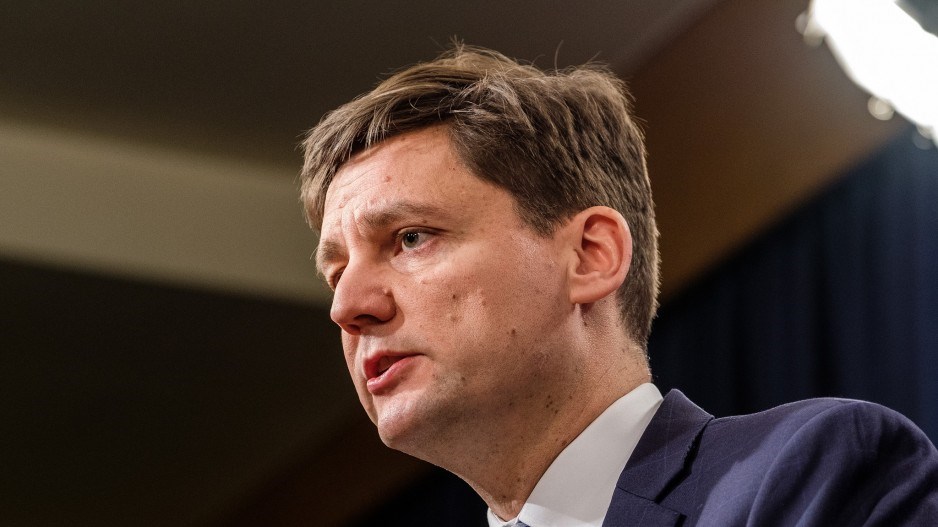As David Eby prepares to be sworn in as premier, it’s worth looking at the political landscape he will inherit in B.C. compared to only one year ago.
In mid-November 2021, B.C. was in the grips of a state of emergency over flooding caused by an atmospheric river, and the government was under fire over why it hadn’t provided residents with as much notice as American authorities.
COVID-19 was still very much a top news item, with the province tabling legislation to create so-called “bubble zones” around hospitals and vaccine clinics, in the wake of protests at emergency rooms and schools.
And Dr. Bonnie Henry was reporting the first cases of the Delta variant of COVID-19 in the province – it would go on to become dominant and then be overtaken by other subsequent variants – while assuring British Columbians that children would have access to vaccines by Christmas.
One year later, those issues still echo through B.C. politics, though in much less significant ways.
Abbotsford farmers and landowners this week complained about the slow and miserly state of government compensation for their damaged homes, as part of anniversary stories about the flood.
Dr. Henry’s name was trending Monday on Twitter after the same kind of unhinged protesters who blocked ERs flooded Twitter with negative comments about a news article that reported she required an RCMP detail during a public event.
And both Dr. Henry and Health Minister Adrian Dix were reunited for a public health briefing Wednesday to forecast how the triple threat of COVID-19, influenza and respiratory illness RSV will impact B.C. hospitals, after watching other provinces like Ontario become overwhelmed.
Still, those topics are far less dominant than they were just a year ago. That landscape is much different.
Many people appear to have permanently moved on from the pandemic. There are a few advocacy groups calling for the return of mandatory masks, but Dix and Henry refused again Wednesday. It’s uncertain whether the majority of the public would even comply if the government forced the issue. No other province has tried.
What’s far more pressing politically for Eby is the structural collapse of the health-care system: Enormous lineups to see a doctor, stretching more than 10 hours at BC Children’s Hospital recently; backlogs in cancer screening and procedures; staff shortages that force facilities to close; ambulances that take too long when people call 911.
COVID-19 has played a major role in the form of staff burnout, but tackling COVID itself is no longer the issue Eby will face as premier. Instead, he has to rebuild, revitalize and reinvest in health care – all while fighting an intransigent federal government that is refusing to put more money on the table unless the provinces agree to terms on how to spend it.
Then there is crime. A year ago, the issue was barely a blip on the political radar. Now, the BC NDP government is on its heels over the rise in random attacks in downtown cores, the increase in prolific offenders and the growing issue of tent encampments.
This should come as no surprise to Eby – he was the attorney general under which the crime problem worsened, as the Opposition BC Liberals frequently point out.
Finally, there’s climate change. Many point to it as a contributing factor in last November’s flooding crisis (as well as the 2021 heat dome, and this year’s record hot fall).
Eby found himself under fire in the BC NDP leadership race by a challenger for whom climate change was the defining issue. He’s promised to be more aggressive, but it’s unclear what that exactly means.
The new premier will undoubtedly face unexpected and brand-new issues in 2023 as well. Whether the old ones from 2021 and 2022 still linger into the new year may influence his focus.
Rob Shaw has spent more than 14 years covering B.C. politics, now reporting for CHEK News and writing for Glacier Media. He is the co-author of the national bestselling book A Matter of Confidence, and a regular guest on CBC Radio.




